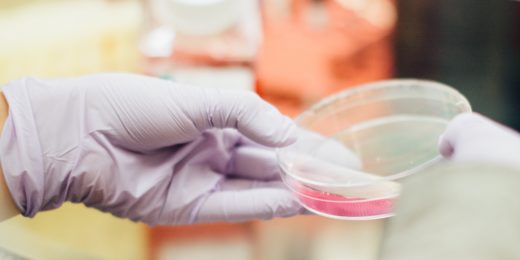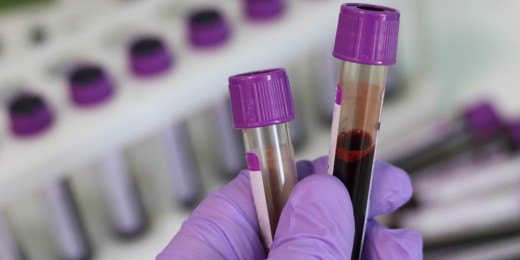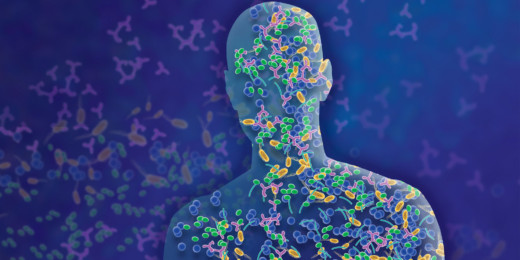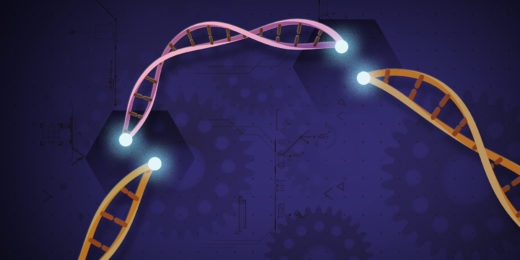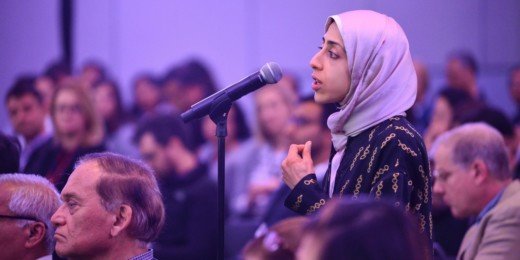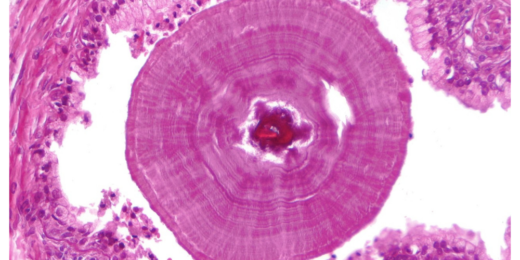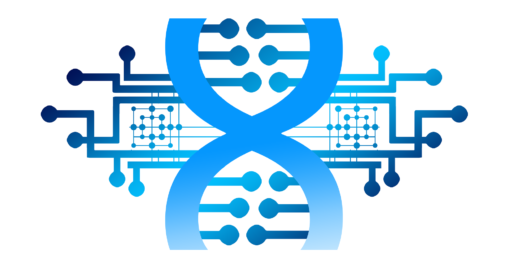Scientists have used CRISPR-Cas9 screens to reveal more about how the bacteria behind Legionnaire's disease infects humans.
Category: Genetics
Delivery of crucial protein to brain could help treat rare genetic disorders
Stanford scientists have conducted a proof-of-concept experiment in mice that shows they can use blood stem cells to treat a severe brain disease.
RNA, in a circle, without a label, can rev immune system, new research suggests
Mammalian cells use a label to distinguish self from non-self circular RNA molecules. Foreign molecules can trigger anti-cancer immune responses.
Do probiotics live up to the hype? Part II
The conclusion of this series examines the benefits, and drawbacks, of probiotics. Stanford researchers clarify whether probiotics really improve health.
Scientists zero in on cancer treatments using CRISPR
Scientists have used CRISPR-Cas9 gene editing technology to decipher the genes critical to the success of a type of cancer drug, antibody-drug conjugates.
“Turning down the volume” of a faulty gene in heart disease
Scientists at Stanford use a gene therapy technique, called RNA silencing, to treat a heart condition called restrictive cardiomyopathy in mice.
Father-son duo find genetic mishap behind rare white California poppies
A Stanford scientist and his son harness RNA sequencing to discover the genomic mutation behind the uncommon California poppy.
16 new gene-based abnormalities found to increase risk for autism
Stanford scientists have found 16 new genetic variants linked to a greater risk for autism, a finding that could help identify biomarkers for the disorder.
CRISPR algorithm predicts how well gene editing will work
Researchers at Stanford have created an algorithm that predicts how likely CRISPR gene editing will yield off-target mutations.
In the Spotlight: Shaping how genomics is used in the clinic
This In the Spotlight features Helio Costa, a geneticist who has developed an assay currently being used to help cancer patients.
Why do women who love science leave STEM fields?
Amy Adams discusses her journey from future PhD geneticist to science writer and calls for a more nuanced look at gender representation in STEM fields.
Social-network-like gene connections identified in heart failure
As a freshly minted undergraduate, Kristin Reese had a strange side hustle. With her trusty ice chest, Reese helped collect donor hearts for a research …
Why do prostates enlarge? Researchers look to genomics to learn more
Researchers discover a "genomic signature" that flags enlarged prostates, as well as two genes implicated in the development of the condition.
Two young brothers saved by new stem cell transplant technique
A method that broadens the pool of potential donors for stem cell transplants recently saved two young brothers from a severe genetic disease.
Pharmacogenomics syncs medications with an individual’s genetics through Humanwide
Through the Humanwide project, a patient's pharmacogenomic evaluation helped doctors prescribe a pain reliever that is effective for her individual biology.
Diagnosing rare diseases using RNA: A Q&A
Stephen Montgomery, a Stanford associate professor of pathology and of genetics, describes how he uses RNA to understand health.


